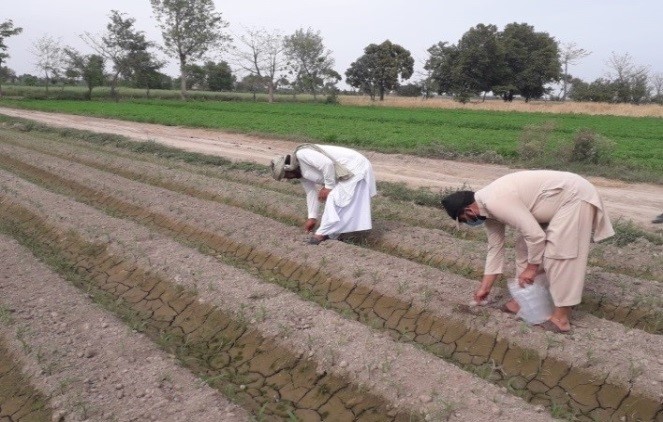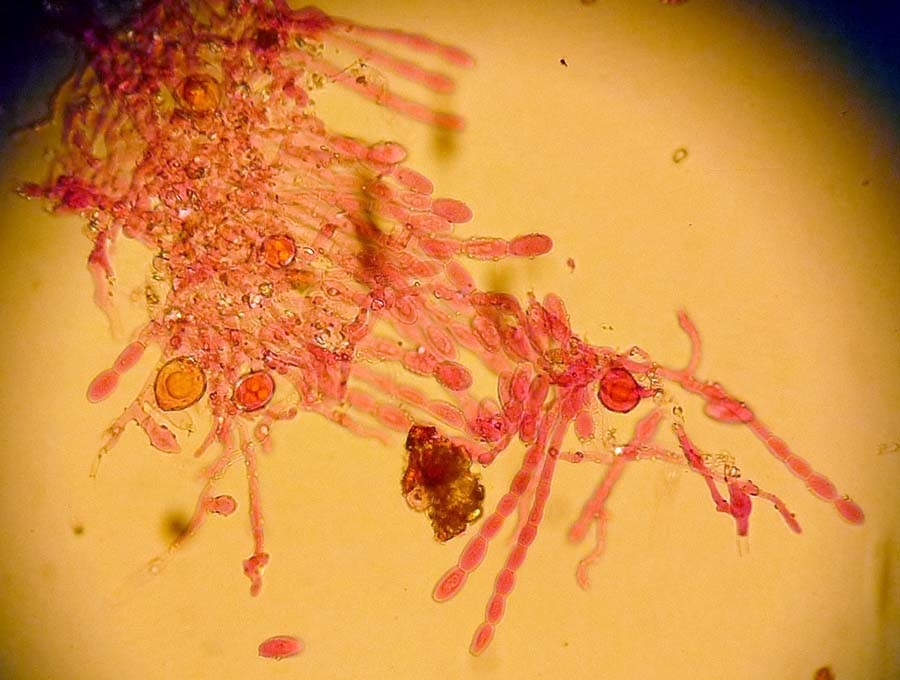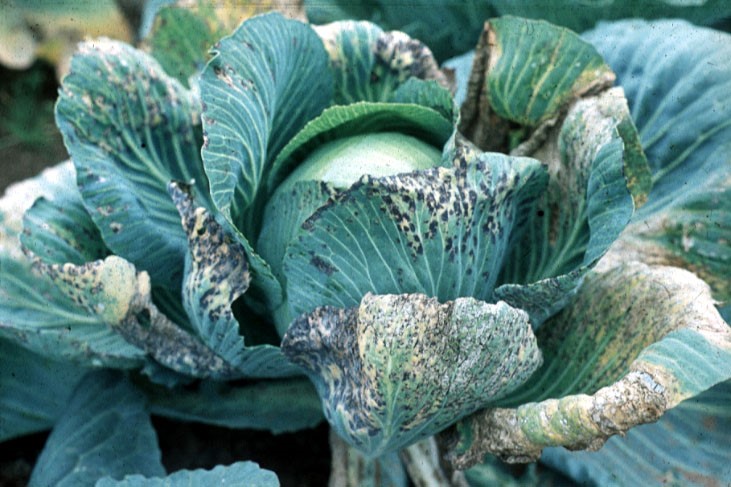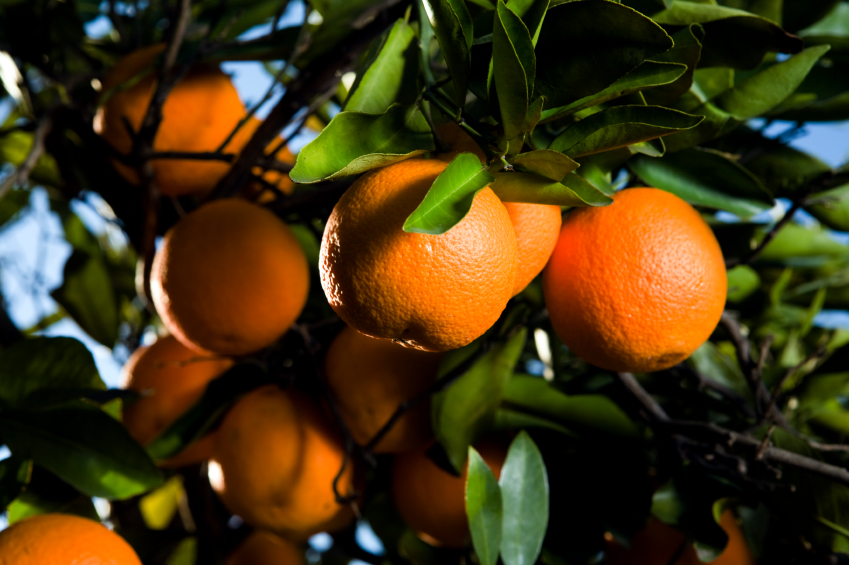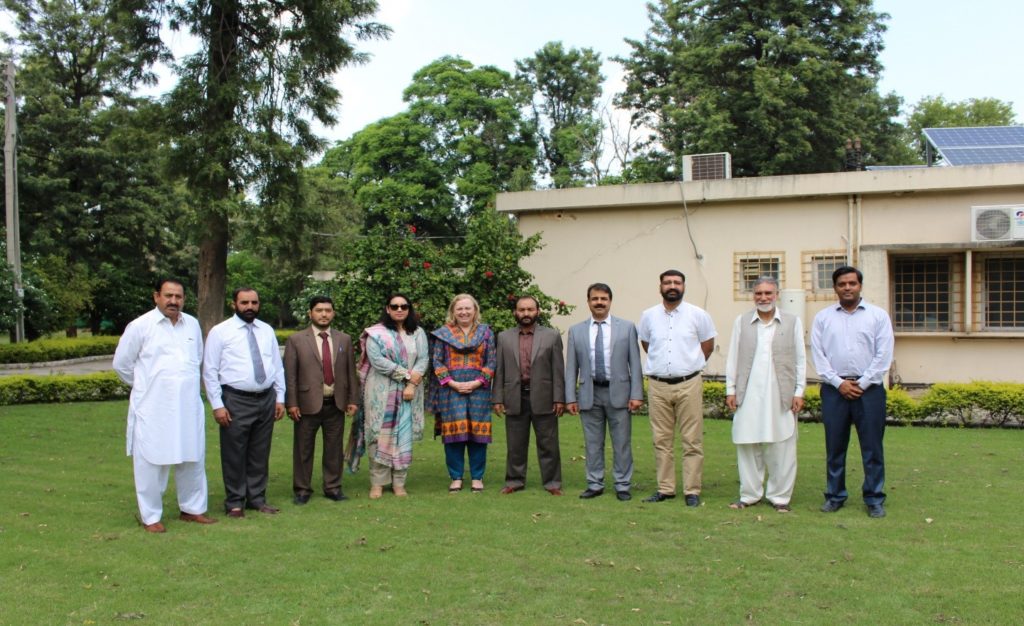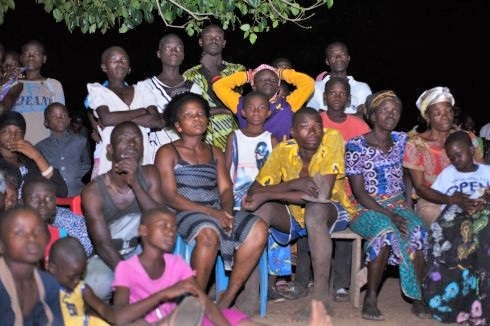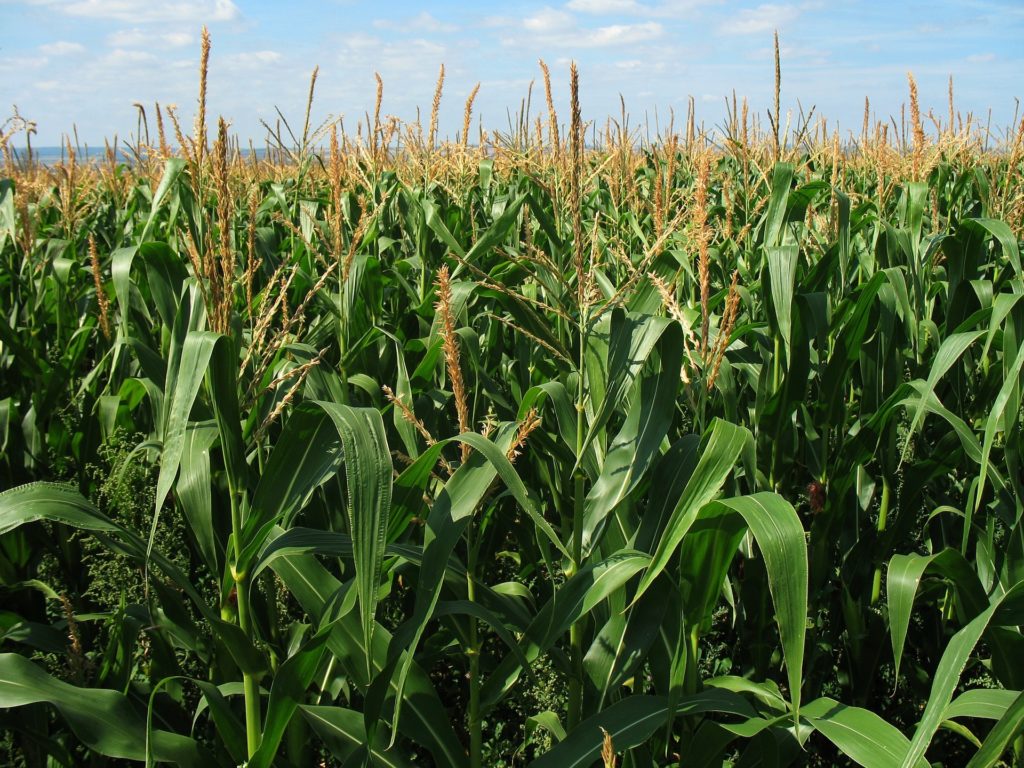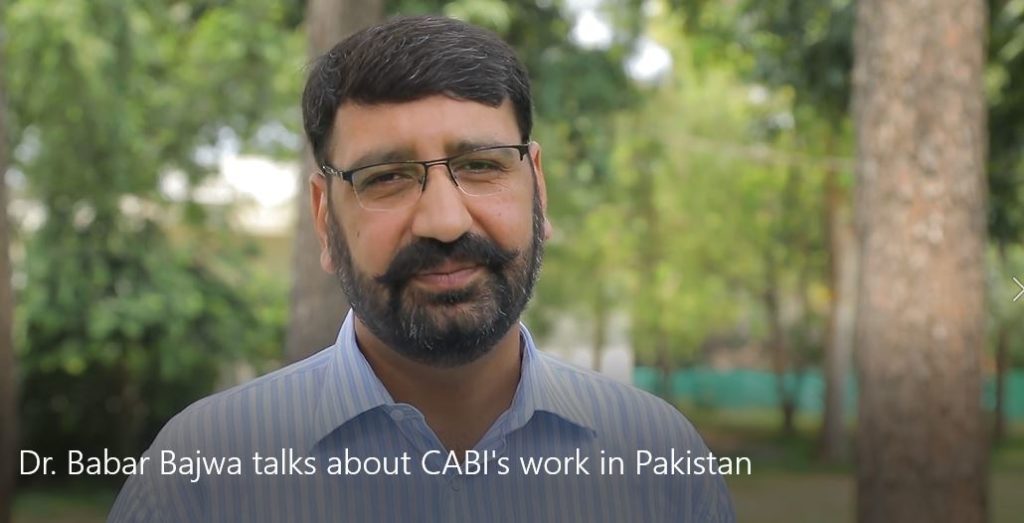Field trials of biocontrol product are paving way for aflatoxins control in Pakistan
By Dr Sabyan Faris Honey, CABI, and Deborah Hamilton, USDA CABI as lead implementing partner along with its technical partner, Pakistan Agricultural Research Council (PARC) is working on a public-private partnership program led by U.S. company, Ingredion and its Pakistani subsidiary, Rafhan Maize to protect health and nutrition of Pakistan’s citizens by keeping food supply…
Food for thought: Fungal biological resources to support international development – challenges and opportunities
At first glance it might be hard to see how the exploitation of microbes, especially fungi, can have the power to help humanity meet the UN’s Sustainable Development Goals (SDGs), feed the world’s growing population and improve the bioeconomies of poorer nations. But a team of international scientists from CABI, the Westerdijk Institute and the…
Improving disease resistance in Kenyan crops
By Dr Charlotte Nellis, (NIAB EMR, UK) It is estimated that globally two billion people suffer from deficiencies in essential vitamins and nutrients, termed ‘hidden hunger’. Sub-Saharan Africa has a number of countries that have high levels of hidden hunger, including Kenya, which is ranked 2nd and 17th worst in Africa and the world, respectively.…
The history of cultivating citrus
By L Gene Albrigo Citrus is one of the most important exported fruit crops. Large plantings in countries bordering latitudes 20 south and north and in-between provide fresh and processed citrus for the more populated northern European and American countries as well as other large populations around the world. Citrus has also been a cultivated…
CABI hands over Phytosanitary Risk Management Programme (PRMP) to provincial stakeholders in Pakistan
By Umair Safdar, Communication Development Executive, CABI Central and West Asia (CABI CWA), Rawalpindi CABI in Pakistan implemented a USAID/USDA funded project ‘Phytosanitary Risk Management Programme in Pakistan (PRMP)‘ from 2014 to 2019. CABI’s scientific team upgraded the infrastructure at the relevant provincial agricultural departments and strengthened the capacity of Pakistan’s current agricultural system so…
Village-based film screenings prove a popular way to reach and inform farming families in Northern Ghana
Duncan Sones, from the CABI GALA communications team, reflects on the first two years of the soybean campaign in Northern Ghana. In the last two years, there have been 346 village-based film screenings of films made by CABI to show farmers how to grow soybean. Take into account the use of Facebook for a music-based…
Safer food in Pakistan through Aflatoxin control
By Dr Sabyan Faris Honey, CABI, and Deborah Hamilton, USDA Aflatoxin, produced by a poisonous fungus, is a serious threat to food security by contaminating many of Pakistan’s agricultural products, including cereal grains, chilies, dry fruits and nuts, and milk. Indeed, the average contamination in wheat and maize in Pakistan, for example, is five and…
Video special: Dr Babar Bajwa talks about CABI’s work in Pakistan
In this video special Dr Babar Bajwa, CABI’s Regional Director – Central and West Asia, talks about CABI’s work towards helping partners achieve the UN Sustainable Development Goals – including ‘Zero Hunger’ and ‘No Poverty’ – in Pakistan. This includes reaching out to smallholder farmers with expert advice on integrated crop and pest management practices so they are better…
Embracing change – how family farmers can face the future
This year opens the Decade of Family Farming, which aims to improve the life of family farmers around the world. In an earnest discussion, two leaders in the global agriculture community reflect on the challenges facing family farmers, the promises of high- and low-tech solutions, and their hopes for the future. A conversation between Dr…
CABI’s publishing business strengthens partnerships with China
CABI’s publishing business has been busy strengthening partnerships in China by showcasing the benefits of its range of print and online products and services to Chinese clients and partners, and exploring opportunities of further collaboration with the Chinese Academy of Agricultural Sciences (CAAS) in Beijing. Dr Andy Robinson, CABI’s Managing Director, Publishing, led a delegation…


